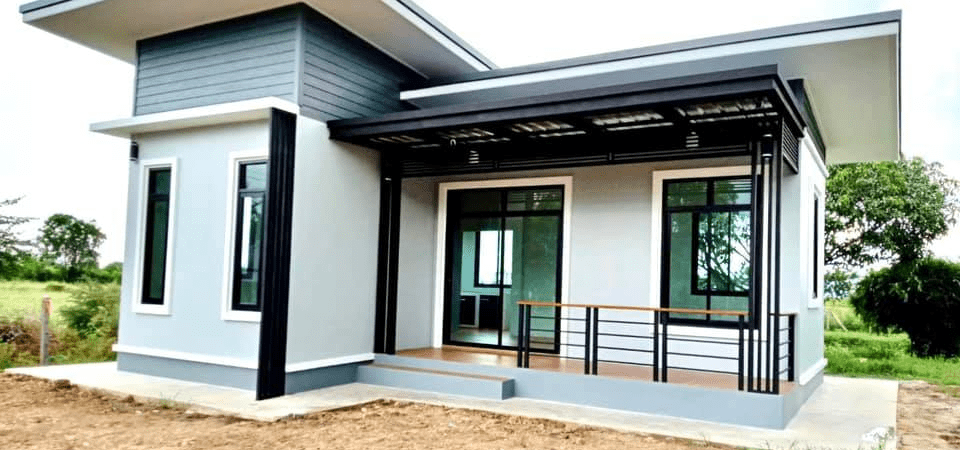Many homeowners are increasingly turning to ADU contractors Bay Area to build sustainable and eco-friendly accessory dwelling units (ADUs). Permaculture, a design approach that mimics natural ecosystems, is gaining popularity in the construction industry as a way to create environmentally friendly and self-sufficient living spaces. By integrating permaculture principles into ADU construction, homeowners can reduce their environmental impact, save on energy costs, and create a more harmonious living environment.
What is Permaculture?
Permaculture is a design philosophy that seeks to create sustainable and self-sufficient human habitats by mimicking the patterns and relationships found in natural ecosystems. It encompasses a wide range of practices, including organic gardening, renewable energy systems, water conservation, and natural building techniques.
Benefits of Permaculture in ADU Construction
Incorporating permaculture principles into ADU construction offers numerous benefits for both homeowners and the environment:
- Reduced environmental impact: Permaculture practices minimize waste, conserve resources, and promote biodiversity.
- Energy efficiency: By using passive solar design, natural ventilation, and renewable energy systems, permaculture ADUs can significantly reduce energy consumption.
- Water conservation: Permaculture techniques such as rainwater harvesting, greywater recycling, and drought-tolerant landscaping help conserve water resources.
- Improved indoor air quality: Natural building materials and ventilation systems used in permaculture ADUs contribute to healthier indoor air quality.
Key Elements of Permaculture ADU Design
When designing a permaculture ADU, several key elements should be considered:
- A thorough understanding of the site’s characteristics, including sun exposure, wind patterns, and soil composition, is essential for creating an efficient and sustainable design.
- Orienting the ADU to maximize natural light and heat gain during colder months
- Using thermal mass materials to store and release heat
- Incorporating shading devices to prevent overheating during summer
Natural Building Materials
Permaculture ADUs often incorporate natural and locally sourced building materials to minimize their environmental impact. Some common materials include:
- Straw bale: Highly insulative and renewable, straw bale construction provides excellent thermal performance and soundproofing.
- Cob: A mixture of clay, sand, and straw, cob is a durable and sculptural material that can be used for walls, benches, and even furniture.
- Reclaimed wood: Using reclaimed wood for framing, flooring, and cabinetry reduces the demand for new lumber and adds character to the ADU.
- Earthen plasters: Natural plasters made from clay, sand, and fiber provide a breathable and non-toxic alternative to conventional wall finishes.
Integrating Permaculture Landscaping
Permaculture ADUs extend beyond the structure itself, incorporating sustainable landscaping practices to create a harmonious and productive outdoor environment:
- Edible landscaping: Planting fruit trees, berries, and vegetable gardens near the ADU provides fresh, organic produce and attracts beneficial insects.
- Companion planting: Grouping compatible plants together can help improve soil health, reduce pest problems, and increase yields.
- Composting: On-site composting turns organic waste into nutrient-rich soil amendment, closing the loop on waste and reducing the need for synthetic fertilizers.
- Rainwater harvesting: Collecting rainwater from the ADU’s roof and storing it in cisterns or rain barrels provides a sustainable source of irrigation water for landscaping.
Renewable Energy Systems
Incorporating renewable energy systems into permaculture ADUs further reduces their environmental impact and can lead to long-term energy savings:
- Solar panels: Rooftop solar panels can generate clean electricity to power the ADU, with excess energy fed back into the grid or stored in batteries for later use.
- Solar water heating: Solar thermal collectors can provide hot water for the ADU, reducing the need for conventional water heaters.
- Geothermal heating and cooling: Ground-source heat pumps use the stable temperature of the earth to efficiently heat and cool the ADU.
Permaculture ADUs represent an exciting opportunity for homeowners in the Bay Area to embrace sustainable living practices while creating additional living space on their property. By working with experienced ADU contractors who specialize in permaculture design and construction, homeowners can ensure that their ADU not only meets their functional needs but also contributes to a more sustainable and resilient future.



